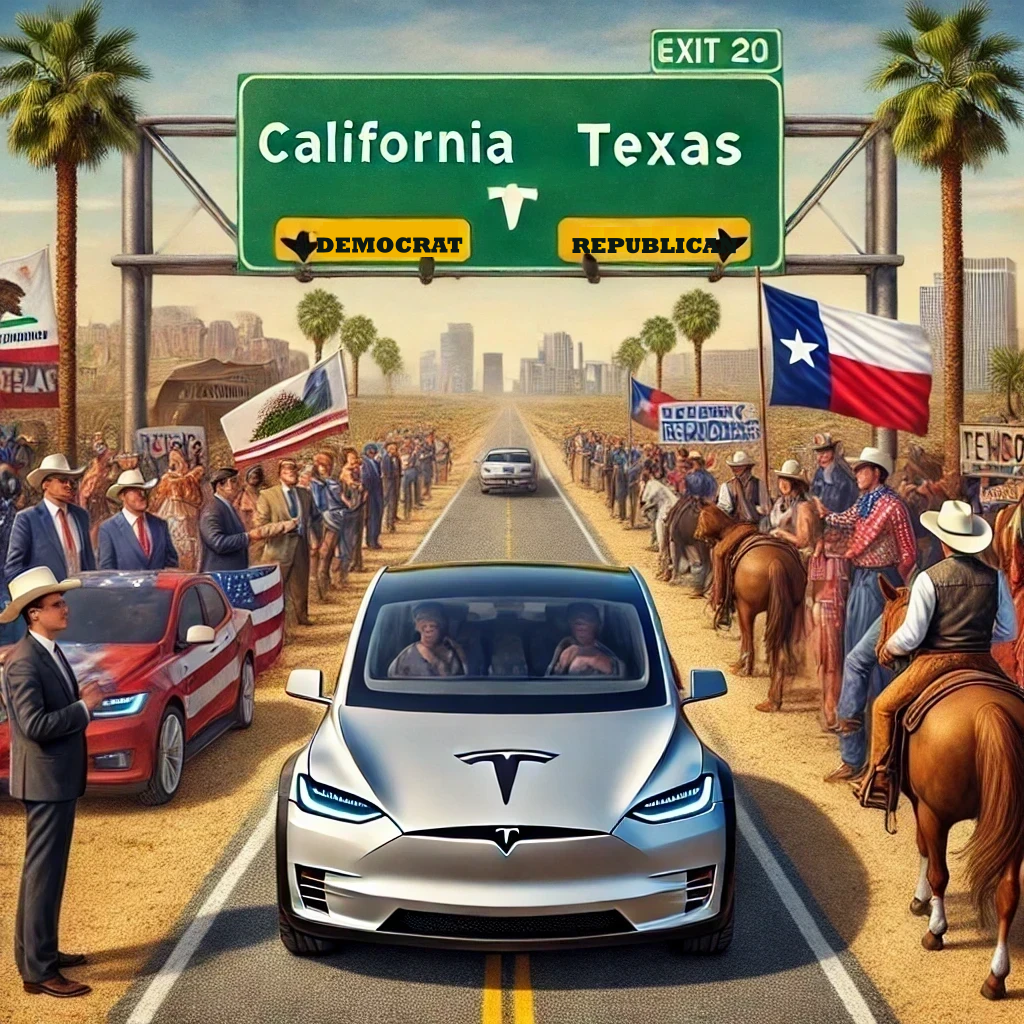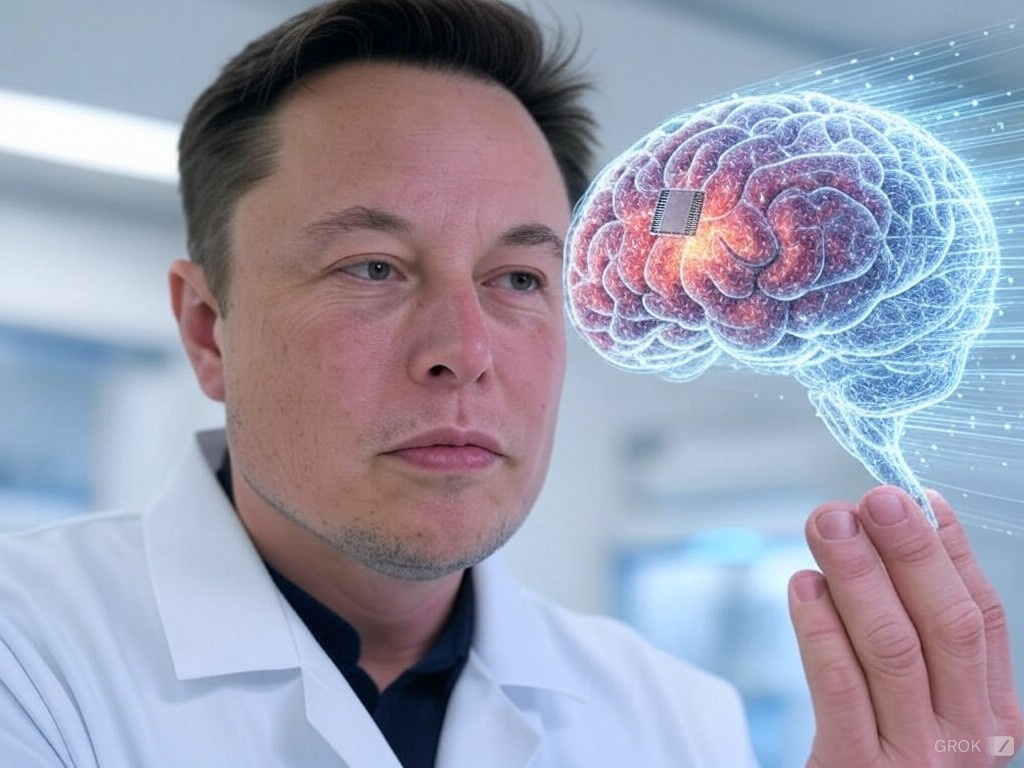Elon Musk’s decision to move Starlink and SpaceX headquarters from California to Texas has sparked widespread speculation. Many believe this move could be a strategic effort to align his brand more closely with Republican values, potentially boosting his sales among conservative consumers.
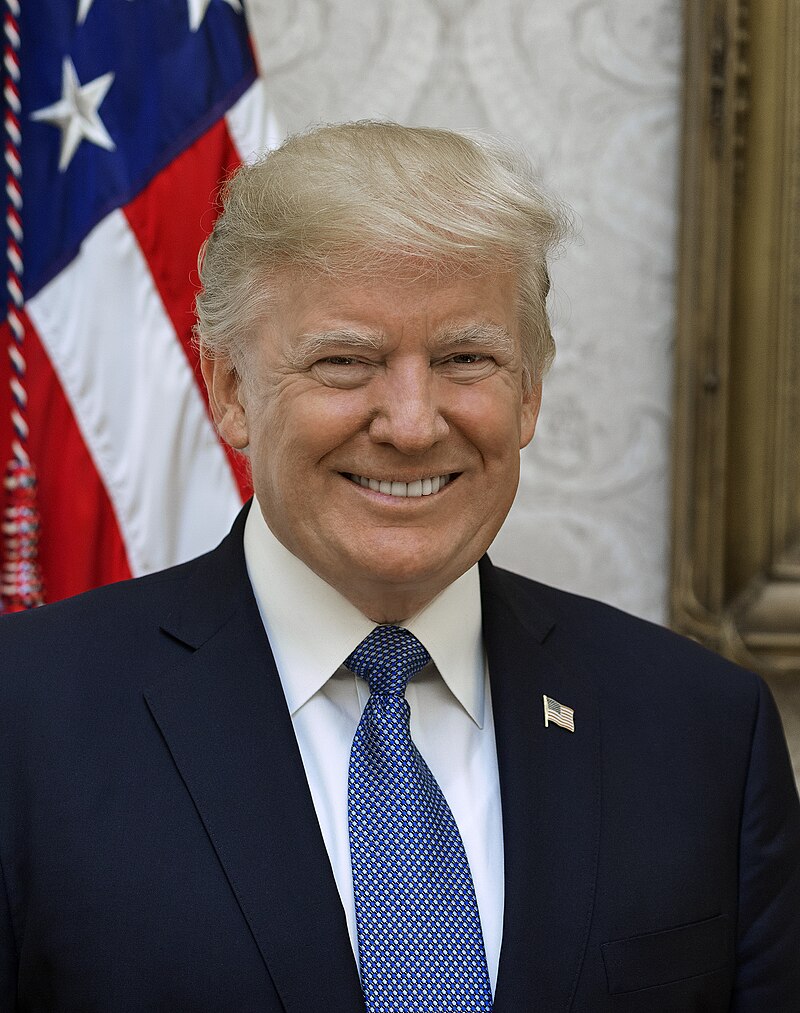
Musk’s endorsement of former President Donald Trump and his very public announcement of moving Starlink and SpaceX to Texas in response to California Governor Newsom’s liberal legislative actions have not gone unnoticed. According to data from CivicScience, Tesla’s favorability among Democrats has plummeted from 39% in January to just 16% in July. This drop signifies a significant shift in perception, with many Democrats now reluctant to purchase Tesla vehicles due to Musk’s political stance. CivicScience CEO John Dick noted that Democrats, more than Republicans, closely associate Musk’s actions with the Tesla brand.
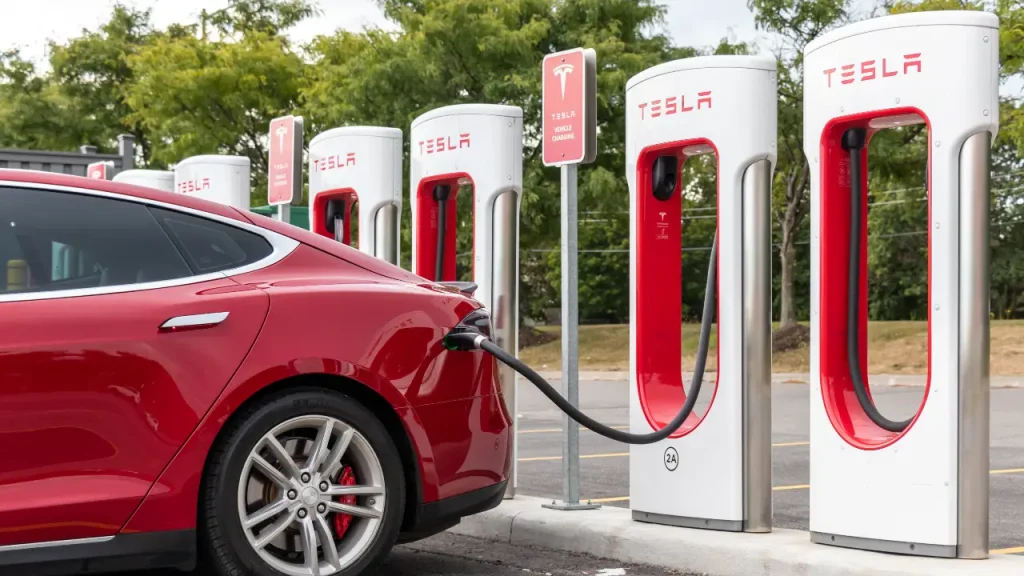
Tesla short seller Mark Spiegel warned that a boycott from Democrats could be disastrous for the company. He stated that Musk has alienated much of his core buying base, predicting a severe impact on business. Longtime Tesla investor Ross Gerber echoed this sentiment, expressing personal conflict over Musk’s endorsement and contemplating selling his Tesla vehicle.
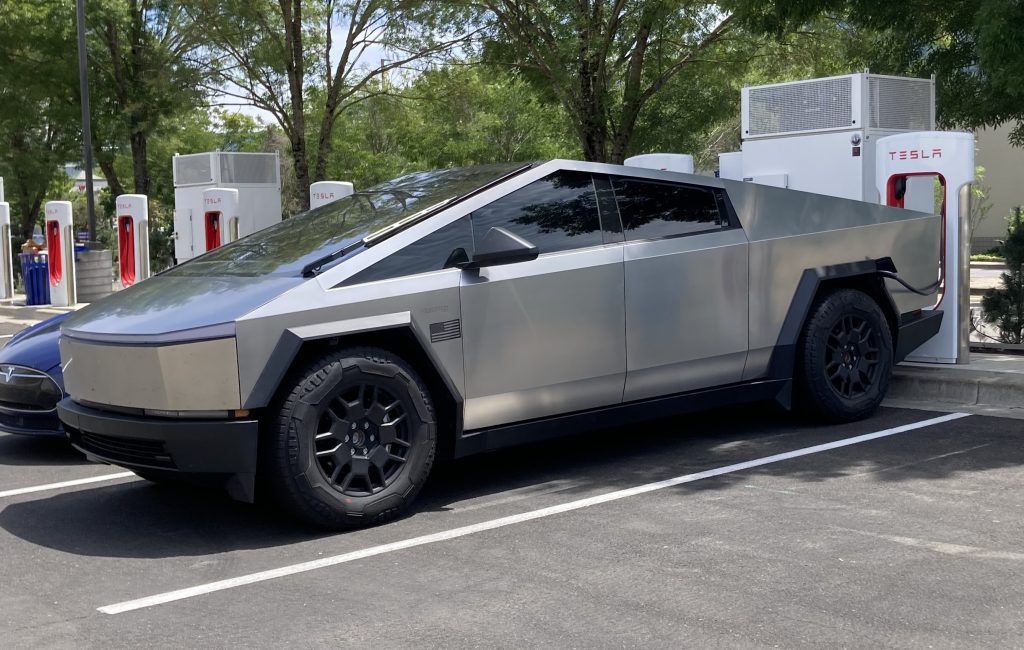
Data from Strategic Vision highlights a shift in Tesla ownership demographics. The proportion of Tesla owners identifying as Democrats has dropped from 39% last year to 26%. This change began notably in November when Musk made controversial comments on X (formerly Twitter), causing a steady decline in Democratic support. Meanwhile, the number of Republicans buying Teslas has outnumbered Democrats by two-to-one, a stark contrast to the brand’s earlier image as a symbol of left-wing virtue signaling.
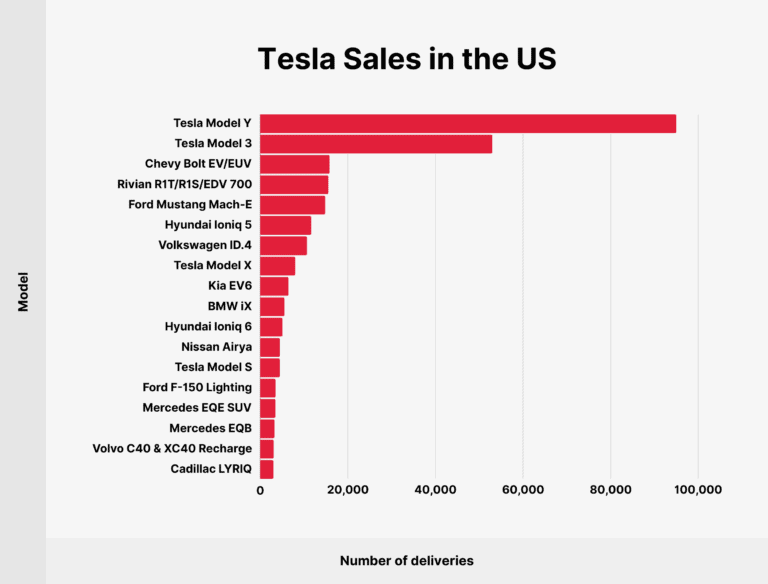
Tesla’s sales data reveals an interesting trend: despite losing favor among Democrats, the brand is gaining traction among Republicans. Historically, 38% of Tesla buyers identified as Democrats and 30% as Republicans. This shift suggests that Musk’s political alignment could be a calculated move to capture a new market segment.
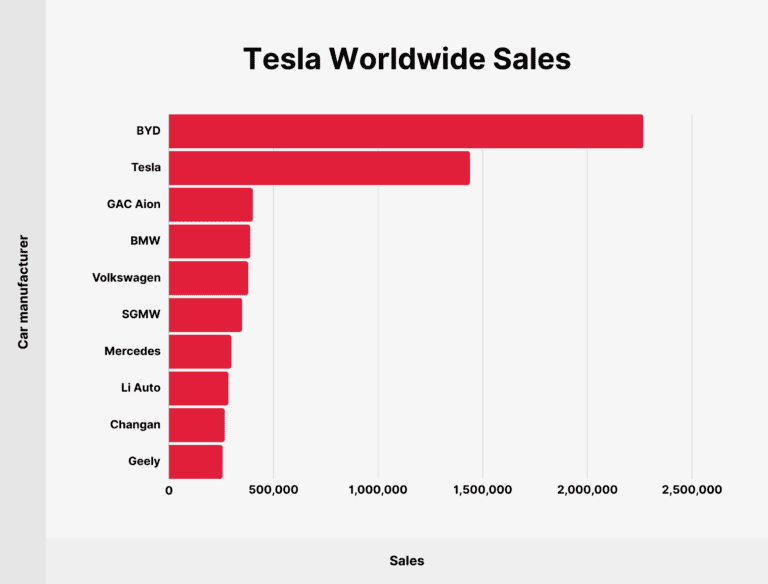
The challenges extend beyond partisan perceptions. Republican leaders, including Trump and Senator JD Vance, have threatened to eliminate government subsidies for electric vehicles (EVs). This poses a potential risk for Tesla, as the $7,500 federal EV tax credit is crucial for making their cars affordable. However, Musk has dismissed these concerns, stating that Tesla could thrive without subsidies. Additionally Trump has suggested massive increases on Chinese imports, the threat of BYD flooding the market is real further fueling the speculation that Musk’s move may be calculated.
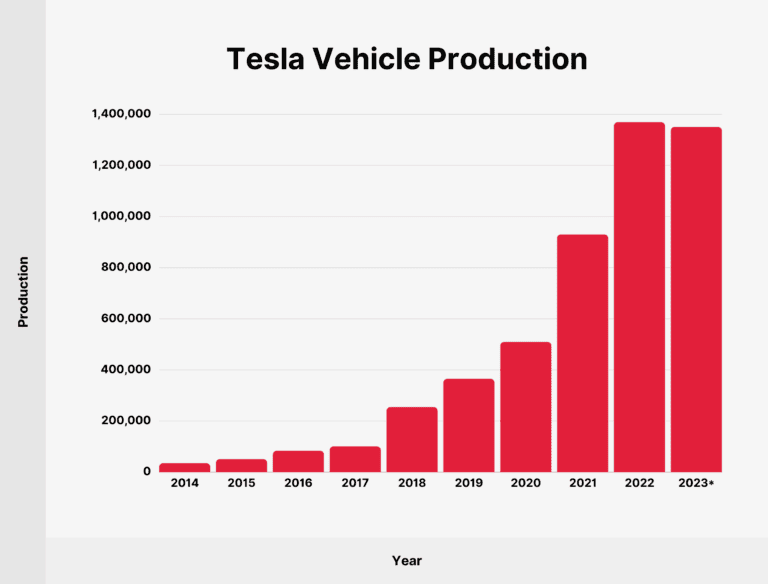
Despite the political controversy, the overall market for EVs is growing. Research from the Environmental Defense Fund Action shows that EV adoption is not strictly partisan. In several states, more Republicans own EVs than Democrats. This data challenges the stereotype that EVs are only popular among liberals and coastal elites.
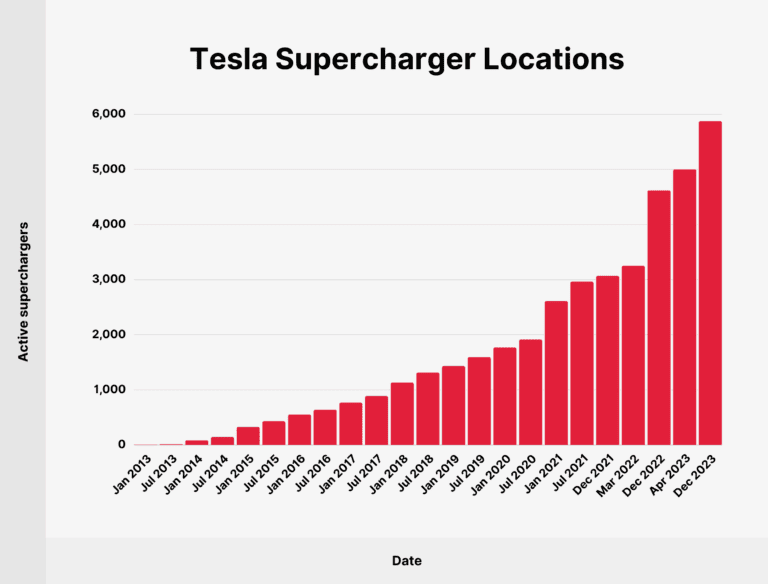
Charging infrastructure remains a significant barrier to broader EV adoption. In states like California, where public chargers are more accessible, EV ownership is higher. Conversely, rural states with fewer chargers see less EV adoption. Consumer awareness and the availability of affordable EV models are also critical factors.
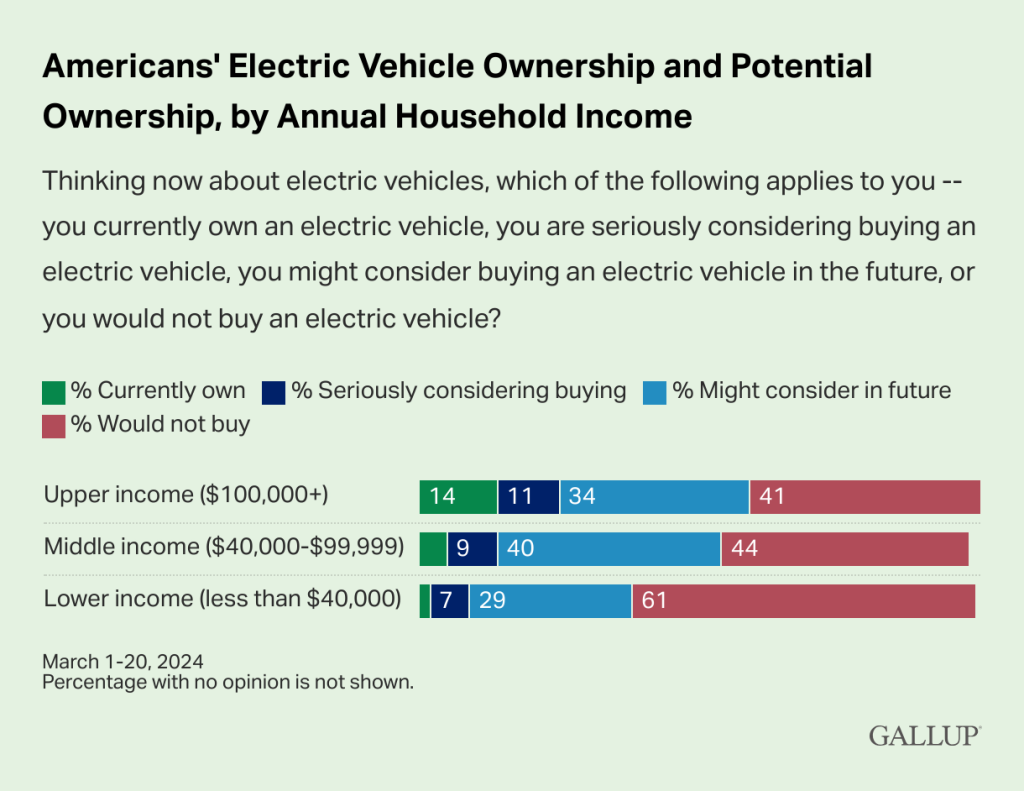
Public opinion research indicates that interest in EVs has partisan roots, but the landscape is evolving. A 2023 Gallup poll found that 71% of Republicans would not consider buying an EV, compared to 17% of Democrats. However, the Environmental Defense Fund Action’s findings suggest a more complex picture, with significant EV ownership among Republicans in several states.
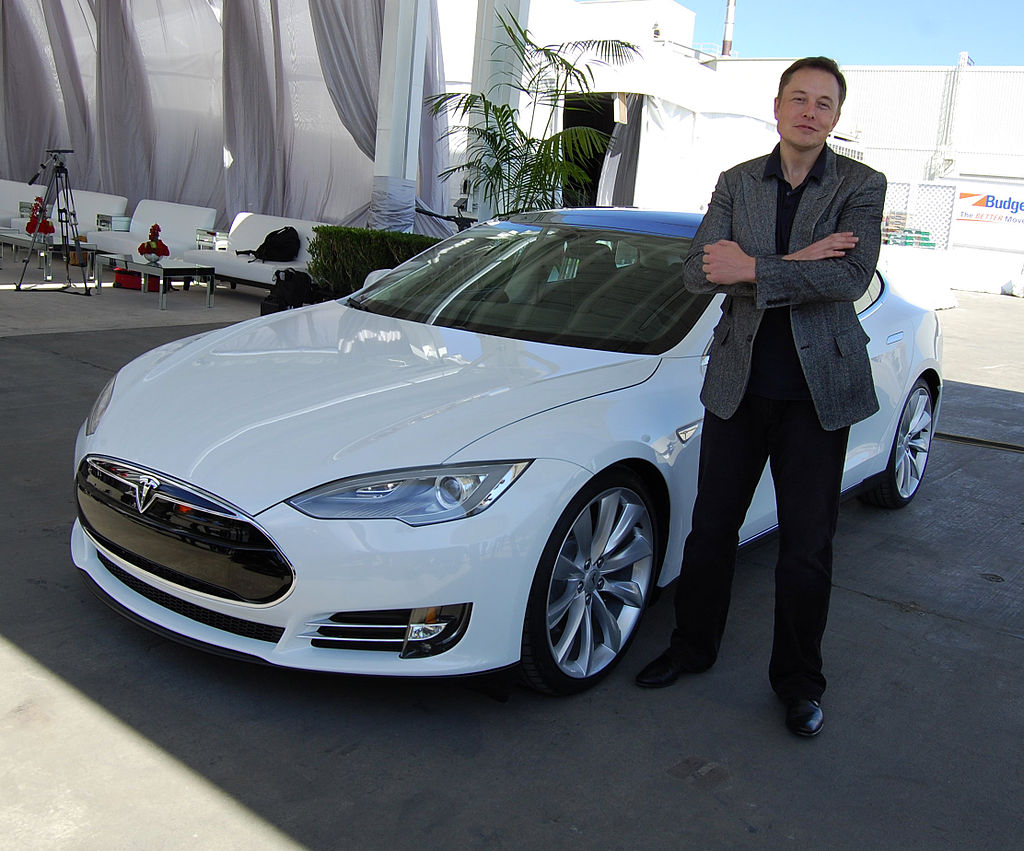
As Musk continues to navigate the political landscape, the impact on Tesla’s brand and sales remains to be seen. His recent moves indicate a clear shift towards courting Republican support, potentially reshaping the EV market’s demographic landscape. Whether this strategy will pay off in the long term is uncertain, but it undeniably marks a significant shift in Tesla’s brand identity.

